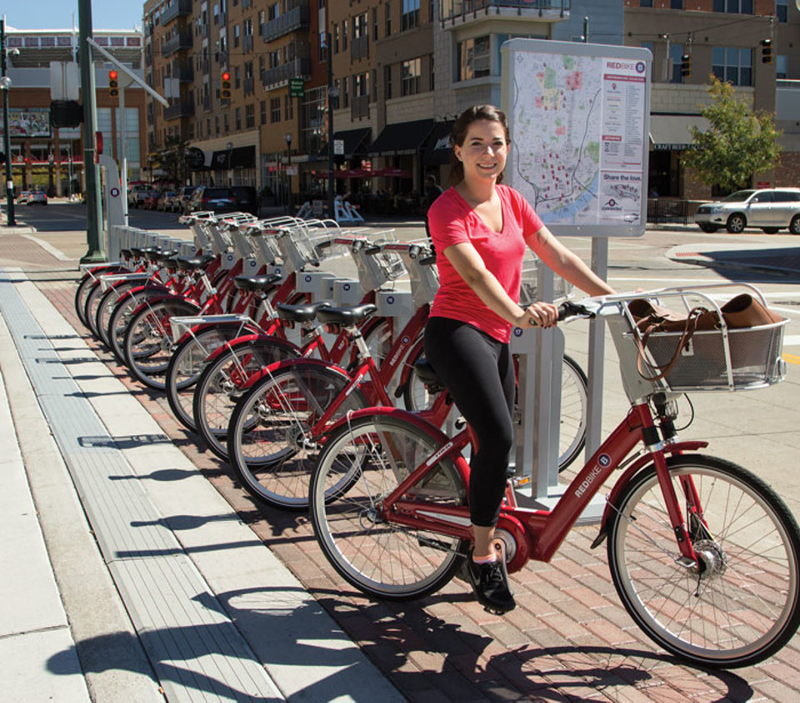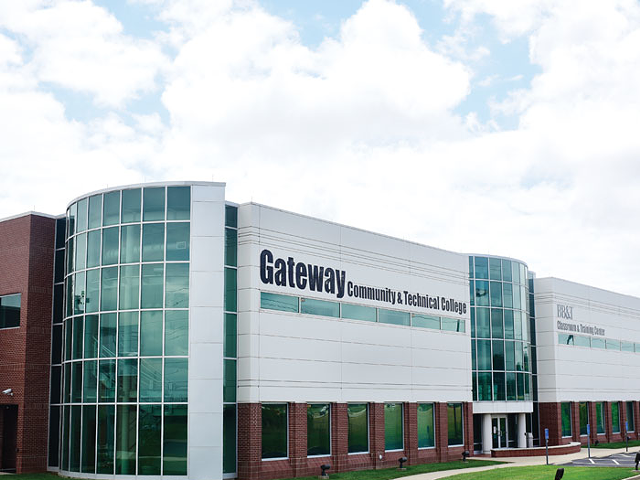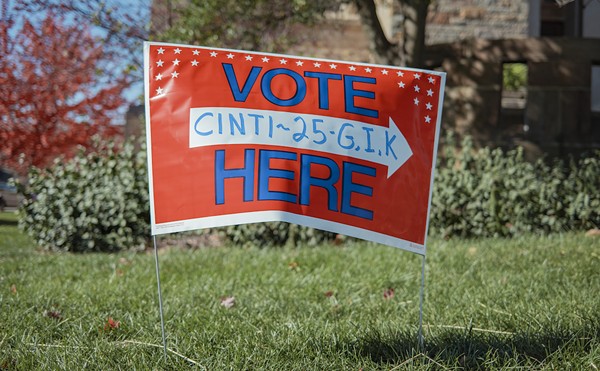Good morning all. Here’s your news today.
Faith leaders in Cincinnati today are convening a discussion on race and violence in the wake of high-profile police shootings across the country. Representatives from the city’s Catholic, Muslim, Protestant and Jewish communities will gather at Tryed Stone New Beginnings Church in Bond Hill at 11 a.m. to talk about systemic racism, violence in minority neighborhoods and more, according to a news release from the church. The discussion is free and open to the public.
• Cincinnati Red Bike is continuing to grow as it approaches its two-year anniversary this September, a report released yesterday says. According to the nonprofit bike share program, Cincinnatians took almost 117,000 rides through the end of 2015, with more growth expected this year. Over the next few months, the bike share plans to add seven new stations and another 50 bikes to the 50 stations it currently operates.
• Speaking of bikes, the city of Cincinnati has announced it has hired three firms to design the upcoming Wasson Way bike trail. Efforts to build that trail, which will stretch from the city’s far East Side to Xavier University, and perhaps eventually into busy uptown neighborhoods, have experienced a somewhat rocky road over the last year. But the city’s recent budget includes money for the purchase of the former railway right of way, and tapping the design firms to complete plans for the path is the next step toward making the effort a reality. The city chose Columbus-based MKSK, Cincinnati-based Burgess & Niple and San-Francisco-based Nelson/Nygaard for the work.
• You’ve probably already guessed that Over-the-Rhine has seen an influx of new businesses over the past number of months, but the level at which that has happened may surprise you. Twenty-four restaurants, bars, stores and other establishments have set up shop in OTR so far in 2016, and many more are expected in the next year, including the largest employer yet for the neighborhood. Most of these have been higher-end establishments.
• Here’s a shocker: As racial tensions focus more and more attention America’s justice system, a new study reveals that county prosecutors in all of Ohio’s 88 counties are white, and just 12 of them are women. That mirrors national trends — some 95 percent of county prosecutors in America are white, and 80 percent are male. Prosecutors in most counties wield a large amount of power and discretion when it comes to the penalties sought for both blacks — who disproportionately come in contact with the justice system — and for police accused of brutality and unjustified killings. The lack of indictment for police involved in the deaths of unarmed blacks like Tamir Rice in Cleveland, John Crawford III in Beavercreek and Freddie Gray in Baltimore have caused big controversy, leading to calls to reform the country’s county prosecutor and grand jury systems.
• Ohio’s largest online charter school could close if a lawsuit against the state it has filed isn’t successful. That lawsuit takes issue with attendance counts the state wants to conduct. Those counts need to show that a large proportion of the Electronic Classroom of Tomorrow’s students are logging in at least five hours a day to do work. If those studies don’t reveal that ECOT students are using the online school, it could lose $106 million in state funding that would otherwise go to public schools. ECOT says the new counts, which seek to measure time spent online, violate the original agreement the school has with the state, which only measured whether students logged in or not and did not consider the duration of time spent on ECOT’s online learning site. The Ohio Department of Education, on the other hand, argues that it has the power to make sure that students are attending the school full time.
• Finally, what’s the connection between PokemonGo and global income disparities? It’s more direct than you might think, and this excellent piece breaks it all down for you.






